Contraceptives Mandate
August 29, 2022
May 2016: In Zubik v. Burwell, the Supreme Court ruled in a contraceptives mandate case involving the nuns of Little Sisters of the Poor and also other nonprofits. The Court ruled that the Obama administration should find a less restrictive means of carrying out its contraceptives program than by forcing conscientious objectors to participate under threat of massive fines.
June 2014: In Burwell v. Hobby Lobby Stores, Inc., the Supreme Court ruled that the HHS Obamacare contraceptives mandate violated the Religious Freedom Restoration Act by restricting the exercise of religion by faith-based family-owned businesses. Read: Highlights from opinion.
February 2013: The Obama administration published a Notice of Proposed Rulemaking (NPRM)—read the NPRM HHS contraceptives mandate 130206.pdf—that tweaked the 2012 proposed rule (see below) after public outcry regarding the mandate’s assaults on religious freedom, but otherwise the proposed rule remained virtually the same as the 2012 version.
March 2012: The Obama administration issued an Advance Notice of Proposed Rulemaking concerning its mandate under Obamacare. The rule mandated that even conscientiously objecting individuals and organizations must subsidize, through their insurance programs, free sterilization surgeries and potentially embryo-destroying contraceptives.
Freedom2Care constituents submitted comments to HHS. Using a form provided on the Freedom2Care website, constituents sent their own messages to the administration using the following customizable text:
- The mandate violates constitutional and statutory protections of religious freedom and conscience, American principles of private enterprise, and respect for human life
- The mandate violates the Religious Freedom Restoration Act (“RFRA”), the Weldon Amendment; abortion-related provisions of the Patient Protection and Affordable Care Act (PPACA); the President’s assurances expressed in his Executive Order 13535 that PPACA would in no way be used to require abortion coverage; the Free Exercise Clause of the First Amendment; the First Amendment rights of free speech, religion and association; the equal protection clause of the Fourteenth Amendment; and the will of Congress expressed in at least 16 laws that specifically protect “religious beliefs and moral convictions.”
- It is unacceptable to require objectors to either violate deeply held moral convictions, discontinue health care coverage for employees, or pay huge fines that will drain funds otherwise used to help the poor, the sick and other ministry beneficiaries.
- The proposed scheme to “accommodate” conscience objections by simply reassigning the paperwork to health insurers or third-party administrators is morally unacceptable.
- The administration offers no accommodation options whatsoever to protect secular conscientious objectors.
- The administration is instituting a decidedly un-American policy that (a) classifies pregnancy as a disease requiring mandated treatment and (b) advocates the prevention of child-bearing as a health care cost savings.
- The mandate arguably tramples Fifth Amendment protections (“nor shall private property be taken for public use, without just compensation”) by imposing costs on businesses while depriving them of the liberty to profit, and at the very least assaults American principles of private enterprise.

